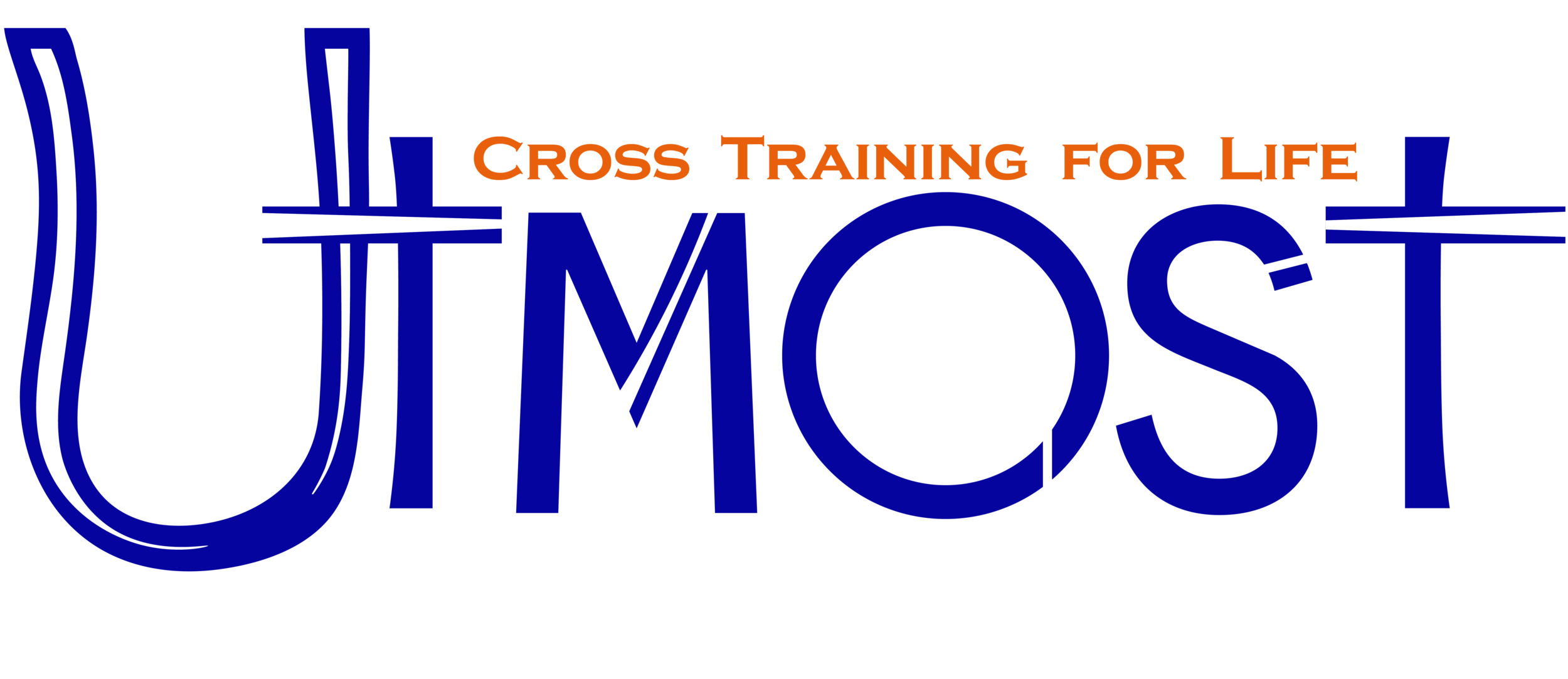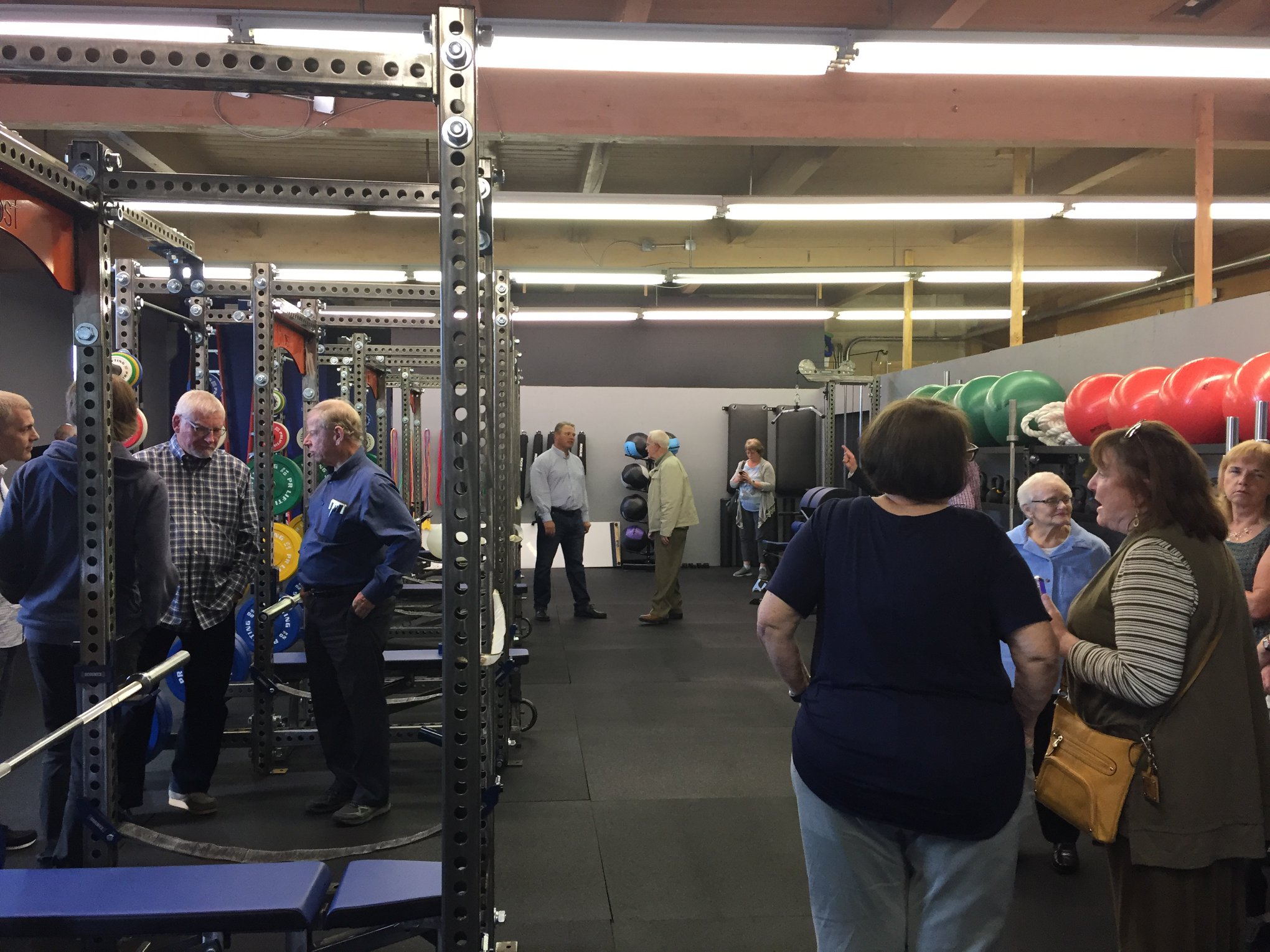This Too Shall Pass!!!!!!!!
Matthew Overton
Last night I had my first in person board meeting with my nonprofit board in a long time. That wasn’t all because of the virus, but we still hadn’t been able to meet in person for SO LONG! It was incredible. Not only are most of our our community programs restarting, but the story sharing about impact and our sense of gratitude that God has allowed us to even do this incredible work in our community was flowing. How have we even survived this past year as a ministry!?!? Our athletes are all back, we are doing life skills and mentoring on a local campus, our student housing is full, and we are mowing lawns and ruining landscaping trucks like crazy! Even though the pandemic isn’t over, it feels different this fall (good and bad).
I want to share a cool story with you. Hang in there, it’s worth it. 14 years ago (+/-) several students in my youth group were captivated by a unique band called, “OK Go”. The band never has done super well on albums, but has instead chosen to create beautiful music through online followings and LEGENDARY one take videos. They do their music videos live and in one continuous take and its the individual songs and videos that have created their following and a kind of sense of community rather than a pure fan and product type of relationship.
Their original video featured a bunch of treadmills and was incredible.
In any event, these church kids chose to figure out how to do their own version of the treadmill video and engage with the band online. Oddly enough the band was captivated with the connection and invited them to come on stage when they were in the area and perform their routine for the crowd. They did, and it was amazing. I wish I had that video. You would have thought these small town kids had landed on the moon!
Now, I listen to all sorts of music. But, when people ask me if I like listening to specifically Christian music I will often say not really. I do, but I find it tiresome many times. Instead I prefer to listen to all sorts of music and to find music that touches on gospel themes and theological ideas without knowing it. Especially I like music that captures the emotions of the gospel. Particularly, I most frequently look for songs that capture the resurrection emotions and the emotions of the Kingdom coming in full! I long for that morning when all things will finally be set right in this world of ours.
In 2010, OK GO released another song called, “This Too Shall Pass”. It achieved legendary online status because they did the whole video around a gigantic Rube Goldberg device. And again, they did it in one continuous take! It was nuts and beautiful and took them a ton of takes to get it right. I had forgotten about the band until my kid’s teacher shared the video as they were having to design a small Rube Goldberg device for a class project. I liked the song immediately because I recall that phrase (This Too Shall Pass) being used in my house growing up to spur us on when things were tough. The phrase isn’t biblical, but it is ancient. It may have come out of Persia. From there it made its way to my childhood home over several thousand years to probably be misappropriated by my suburban family.
As it turns out, the band struggled with making that video because it was so technical and their record label (EMI) didn’t want them to be able to embed the video code because it cut into revenue streams to allow their fans to so freely share it. The band’s online following was so infuriated that the band left EMI and formed their own label. They refused to let the beautiful video die though and State Farm Insurance stepped in to fund the project.
But here is where it gets cool.
Because the band had to release the song fairly quickly, they decided to do a stripped down lower production video. They filmed a marching band version of the song with a bunch of kids and the Notre Dame marching band in a field in Indiana! The result is beautiful and this is where my ears, my weary pandemic minister’s soul, and gospel music re-enter the picture.
Sometime during the second pandemic surge the band’s alternative version was re-released and through some evil algorithm it wandered into my feed. All I could think about when I listened to it was, “This is what the struggling moments just before redemption feel like.”
And so yesterday I caught a sniff in the wind that even though I was deeply stressed about fall startups and the overwhelming number of tasks before me as husband, Dad, minister, and executive director, something good was coming. I had a sense that the stone one the tomb of the last year and a half might be budging just a little bit. We were going to be able to do this work with schools and kids outside the church again. There are still a billion problems to solve.
And lo and behold, the low production video version of “This Too Shall Pass” popped up again on my YouTube recommendations yesterday before my board meeting and after a long few weeks.
I am not saying it was a divine algorithim, but it was.
The key lines in the song are:
1.) You Can’t Keep Letting It Getting You Down.
2.)You Can’t Keep Lugging That Weight Around.
3.)When the Morning Comes
4.) Let It Go, This Too Shall Pass
If those statements aren’t a thread of the moving gospel, I don’t know what it is.
So, as Fall begins and as we process all the grief and frustration of the last two years or so I invite you to watch a music video that points to something bigger. Something that points to what is to come ONE DAY.
Today, I beseech you with all my ministerial might to enjoy a marching bad. In a field. With a Xylophone. And please pray for students and teachers and counselors and medical workers and churches and non profits and businesses and even your enemies.
And then, go do something beautiful and good.
Until the morning comes!
-Pastor Matt-
Oh, and OK GO!…if you are reading this, thanks for lifting this man’s soul by making musical art.









